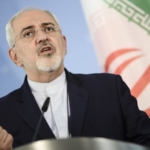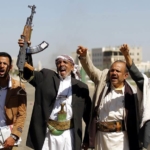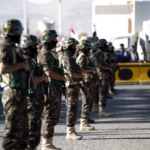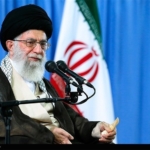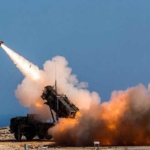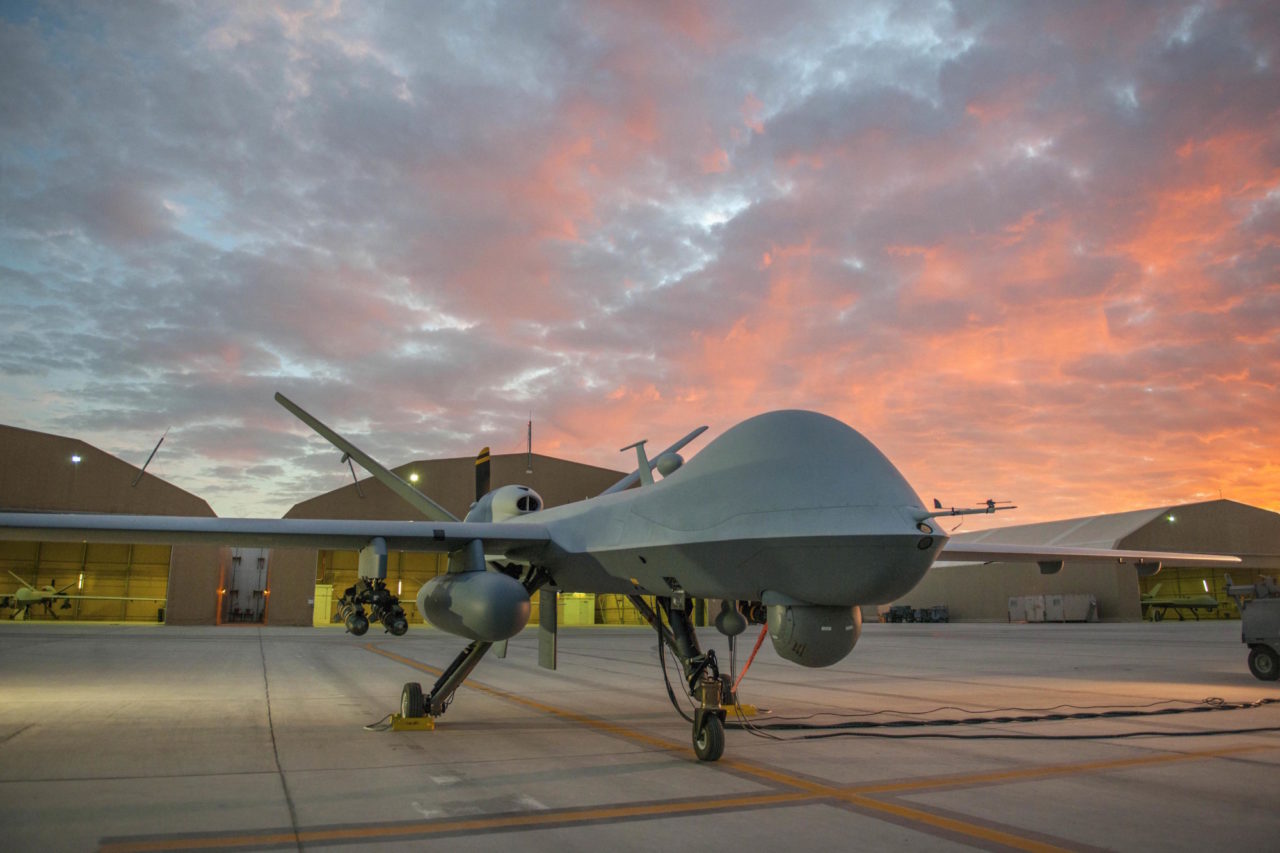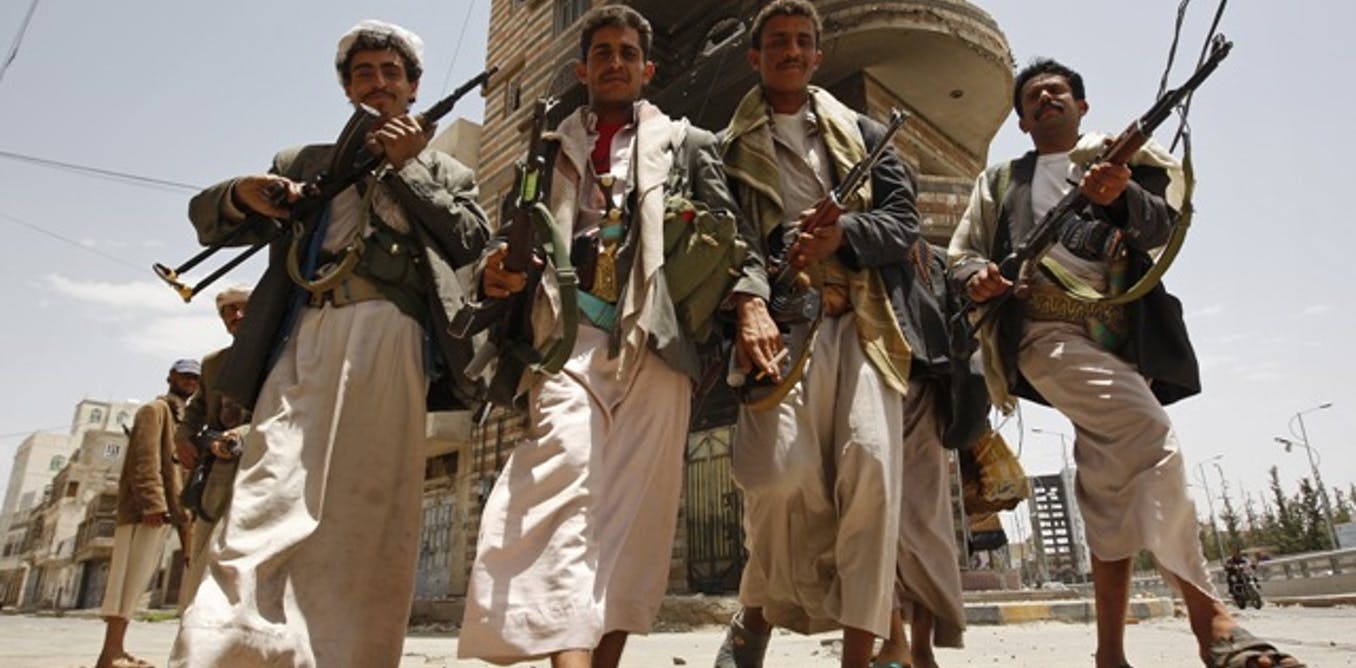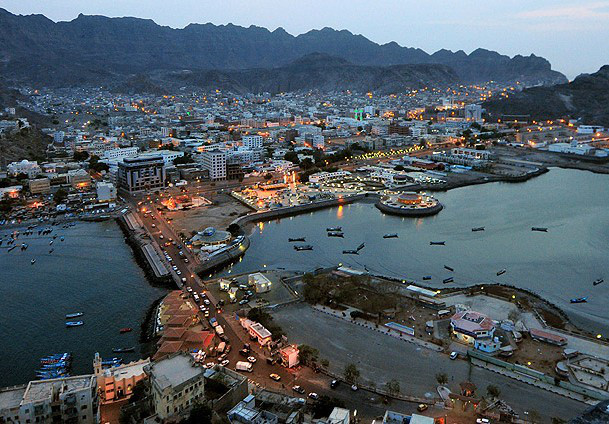Houthis fighters in Yemen have warned they will fire more missiles into Saudi Arabia
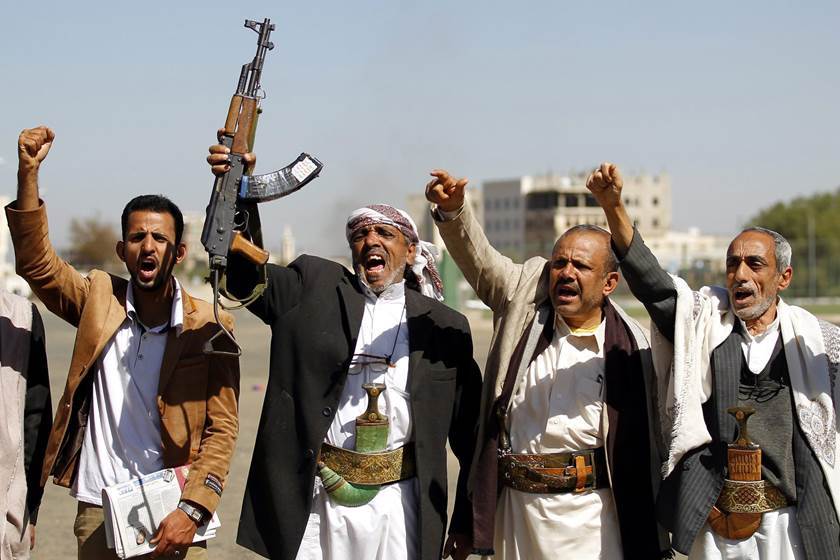
After the launch of seven missiles whose intended target was Riyadh and other important center of the Saudi kingdom, Houthis fighters in northern Yemen have warned they will fire more missiles into Saudi Arabia, if the Saudis do not stop their bombing raids.


